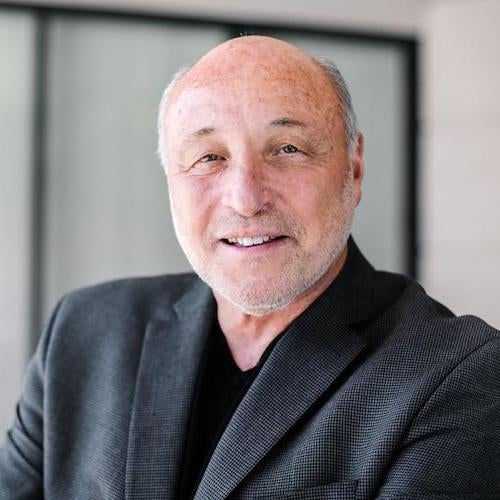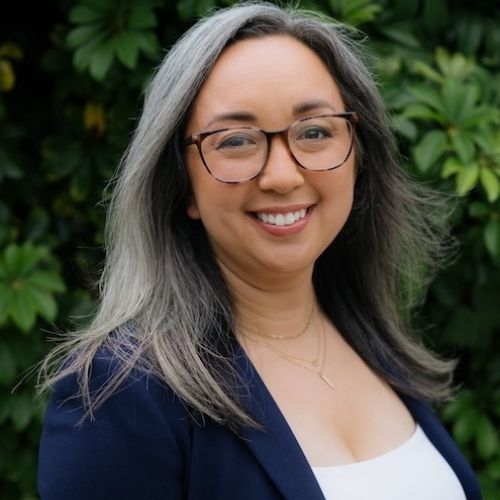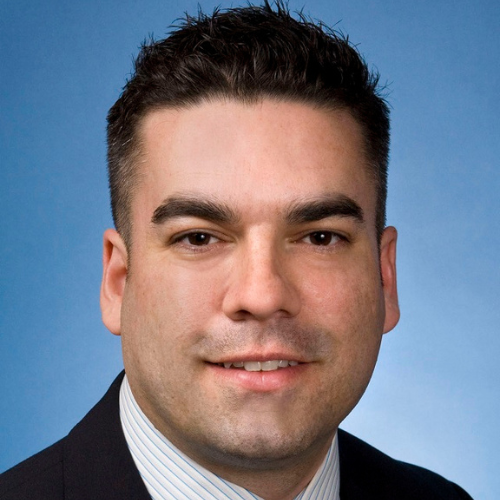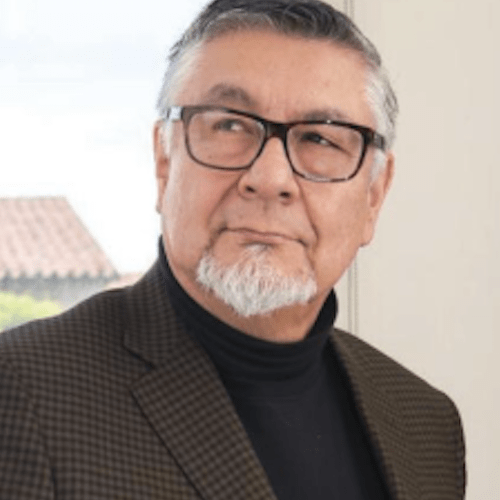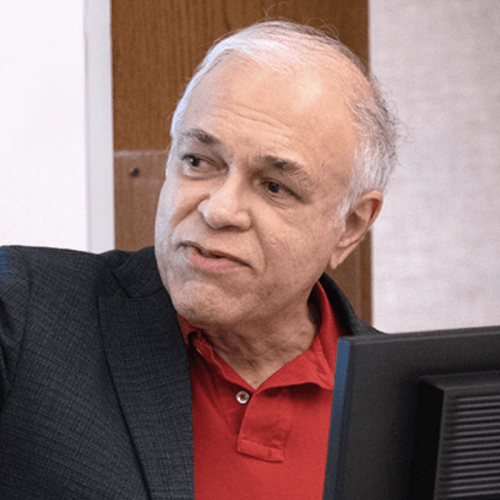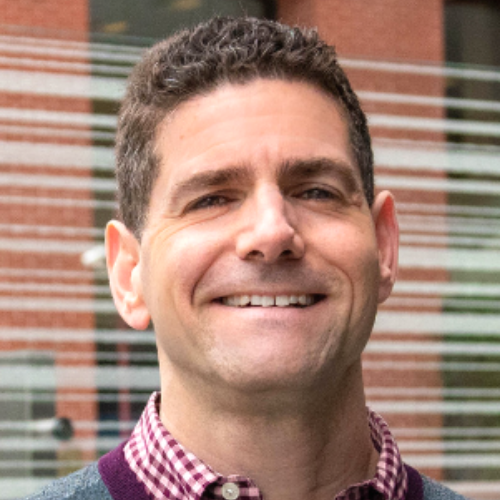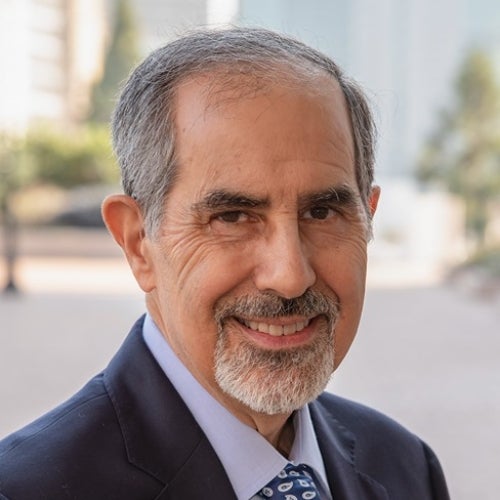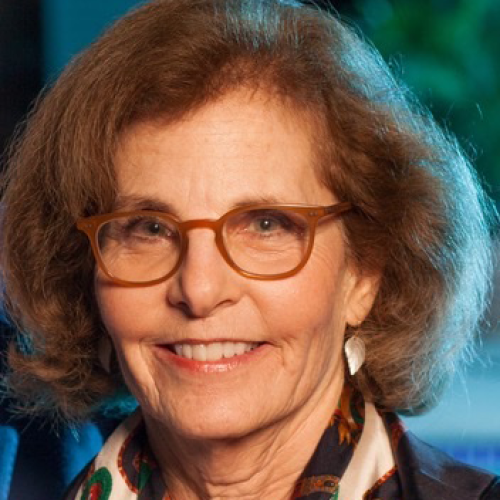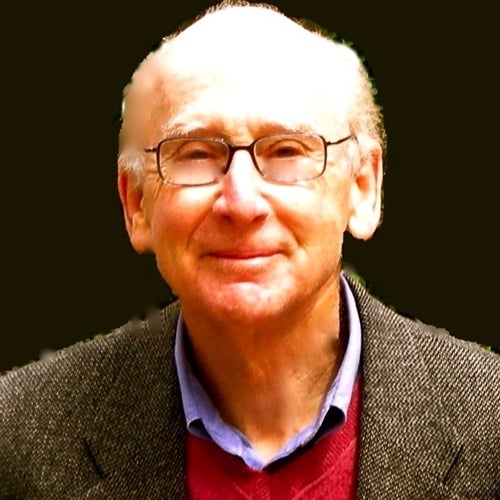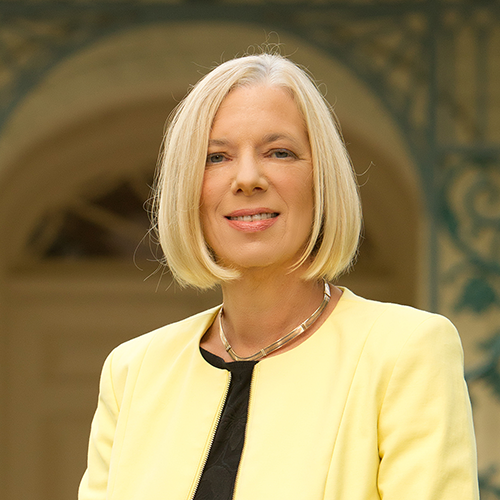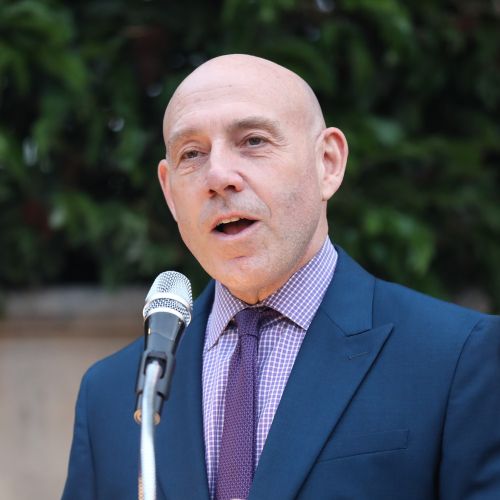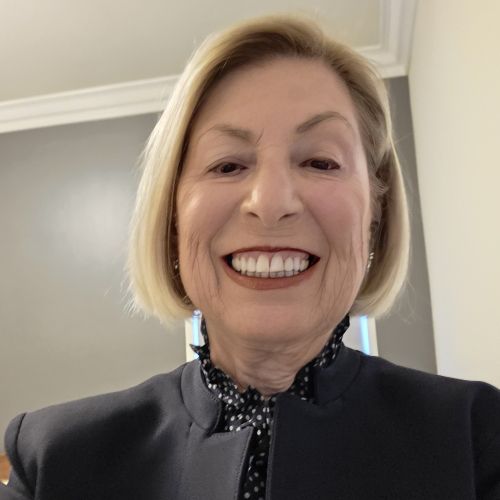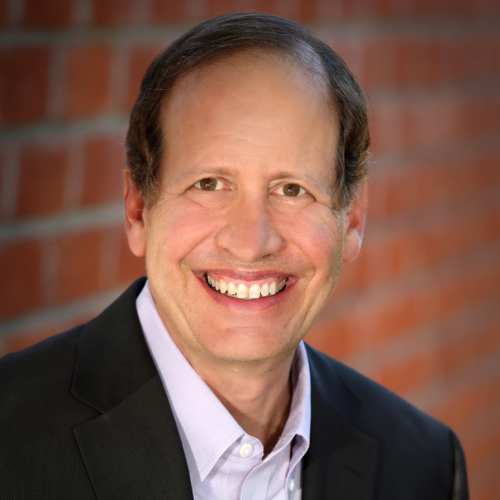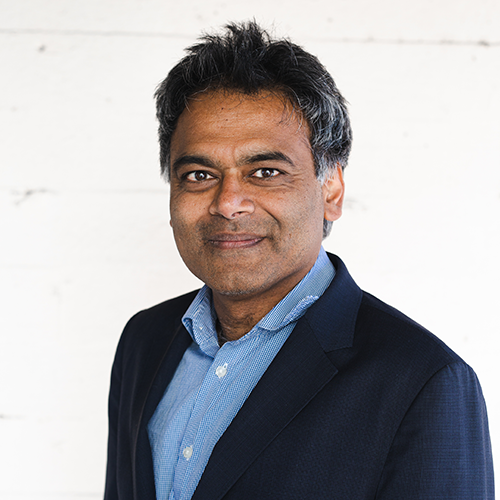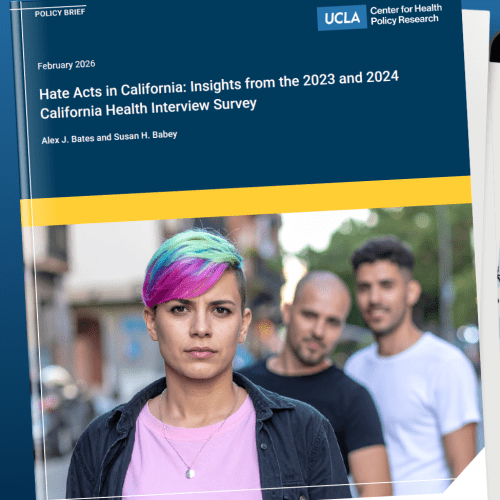Proposed Menthol Cigarette ban aims to reduce disease and death – Particularly among Black Americans
Dr. Michael Ong addresses the U.S. Food and Drug Administration's proposals to ban menthol cigarettes and flavored cigars.
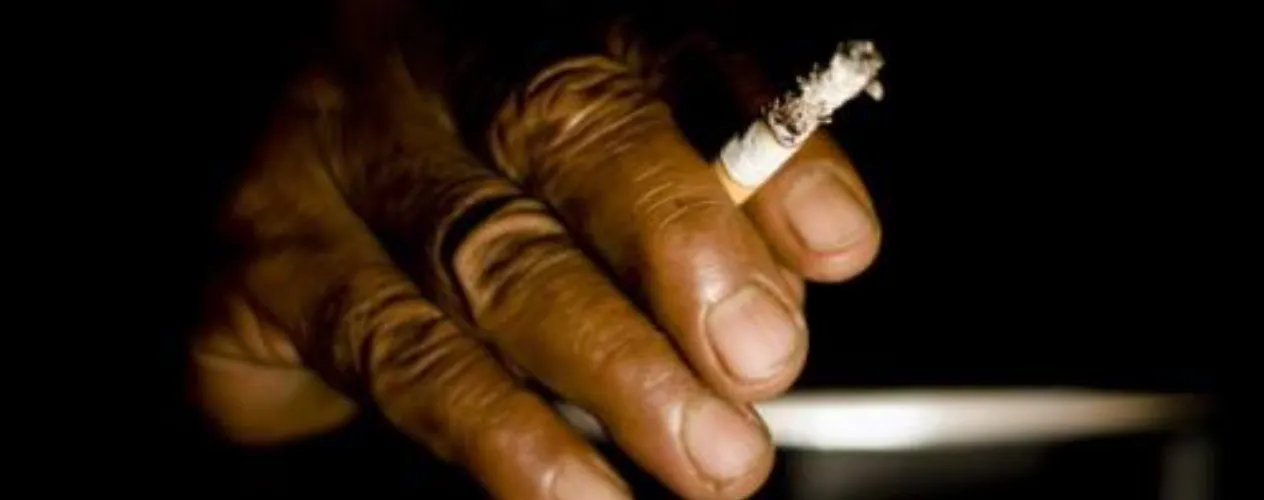
The U.S. Food and Drug Administration has proposed two rules that would federally ban menthol cigarettes and flavored cigars, a move aimed at reducing tobacco-related disease and death.
“This has been a long time coming," said Dr. Michael Ong, UCLA Fielding School of Public Health professor of health policy and management, professor in residence of medicine at UCLA, and chief of the Hospitalist Section at the VA Greater Los Angeles Healthcare System. “The FDA proposed this ban back in 2018 and unfortunately there was no movement. It’s great that they are reproposing it because this is where we really need to go.”
According to the FDA, in 2019 there were more than 18.5 million current menthol cigarette smokers age 12 and older. In the United States, 30% of all cancer-related deaths are caused by smoking.
The ban will have the most impact among Black smokers, who make up more than 70% of menthol smokers, according to research co-authored by Ong and published in the journal Nicotine & Tobacco Research.
Ong, who serves as chair of California's Tobacco Education and Research Oversight Committee, points to a study published in the journal Tobacco Control which shows that though Black Americans make up 12% of the U.S. population, they experience 41% of smoking-related premature deaths and 50% of life years lost from smoking menthol products.
“All of that should go down if we are able to successfully ban the use of menthol cigarettes and flavored cigars,” he said.
Menthol, a flavor additive that resembles mint, creates a cooling sensation in the throat, making the cigarette smoke feel less harsh. Because of this, many people think that menthol cigarettes are a “healthy alternative” to other types of cigarettes and tobacco products.
This is far from true. They are just as dangerous as any other type of cigarette.
Menthol has long been marketed as smooth and cool – especially toward the Black community.
The study published in Tobacco Control details the predatory marketing tactics used by the tobacco industry to target low-income Black communities – including free marketing, samples, and financially supporting Black-led organizations to disseminate misinformation about possible police brutality throughout the Black community.
In 2014, Eric Garner was killed by police after they suspected he was selling single cigarettes from packs without tax stamps. Michael Brown was killed by police the same year, after allegedly stealing a box of cigarillos. In 2020, George Floyd was killed by police after a store clerk alleged that he used a counterfeit bill to purchase cigarettes.
Opponents of the ban on menthol cigarettes are using these killings to suggest it would lead to more violent clashes with police.
Ong said he’s disappointed that tobacco companies try to cloud the issue by raising police brutality fears.
“We’ve seen time and again that the tobacco industry will do anything possible to maintain their users,” he said. “And many of these prominent African Americans who are raising issues of police brutality take money from the tobacco industry.”
The FDA says it won’t enforce against individual possession or use. It will only address manufacturers, distributors, wholesalers, importers, and retailers who manufacture, distribute or sell within the U.S.
Ong said data show that two-thirds of people who smoke cigarettes actually want to quit.
“We know that people who currently smoke menthol tobacco products will be more likely to quit as a result of a menthol ban,” he said. “And particularly, we found that African American menthol smokers had higher rates of quit attempts than any other group because they want to quit.”
Unfortunately, most people who try to quit don’t get the help they need.
“Only about 30% of smokers trying to quit get assistance through pharmacotherapy, such as nicotine replacement therapy,” he said. “And even fewer actively seek out counseling.”
To reduce disparities, Ong points to Kick it California, a free program that supports people trying to quit smoking and tobacco use.
“We definitely need to do more proactive outreach as health care systems to individuals who use tobacco products, particularly menthol products,” he said.
The FDA is seeking comment from the public on racial and social justice implications of the proposed product standards beginning Thursday, May 4 and continuing through July 5.
“My guess is that the national actions will take a long time to come to fruition, but there’s been a lot of other activities at the local level,” Ong said, referring to county and statewide bans, such as the Los Angeles County ban on flavored tobacco products – including menthol.
Flavored tobacco products are already restricted in many localities in California.
In the meantime, he said, Californians should know that a flavored-tobacco-product ban referendum will be on the state ballot this November. It allows Californians to weigh in on the flavored-tobacco-product ban law passed by the California legislature and signed by the governor.
by Jocelyn Apodaca Schlossberg
The UCLA Fielding School of Public Health, founded in 1961, is dedicated to enhancing the public's health by conducting innovative research, training future leaders and health professionals from diverse backgrounds, translating research into policy and practice, and serving our local communities and the communities of the nation and the world. The school has 761 students from 26 nations engaged in carrying out the vision of building healthy futures in greater Los Angeles, California, the nation and the world.
Faculty Referenced by this Article

Dr. Ron Andersen is the Wasserman Professor Emeritus in the UCLA Departments of Health Policy and Management.
Nationally recognized health services researcher and sociomedical scientist with 25+ years' experience in effectiveness and implementation research.

Professor of Community Health Sciences & Health Policy and Management, and Associate Dean for Research

Dr. Michelle S. Keller is a health services researcher whose research focuses on the use and prescribing of high-risk medications.

EMPH Academic Program Director with expertise in healthcare marketing, finance, and reproductive health policy, teaching in the EMPH, MPH, MHA program


